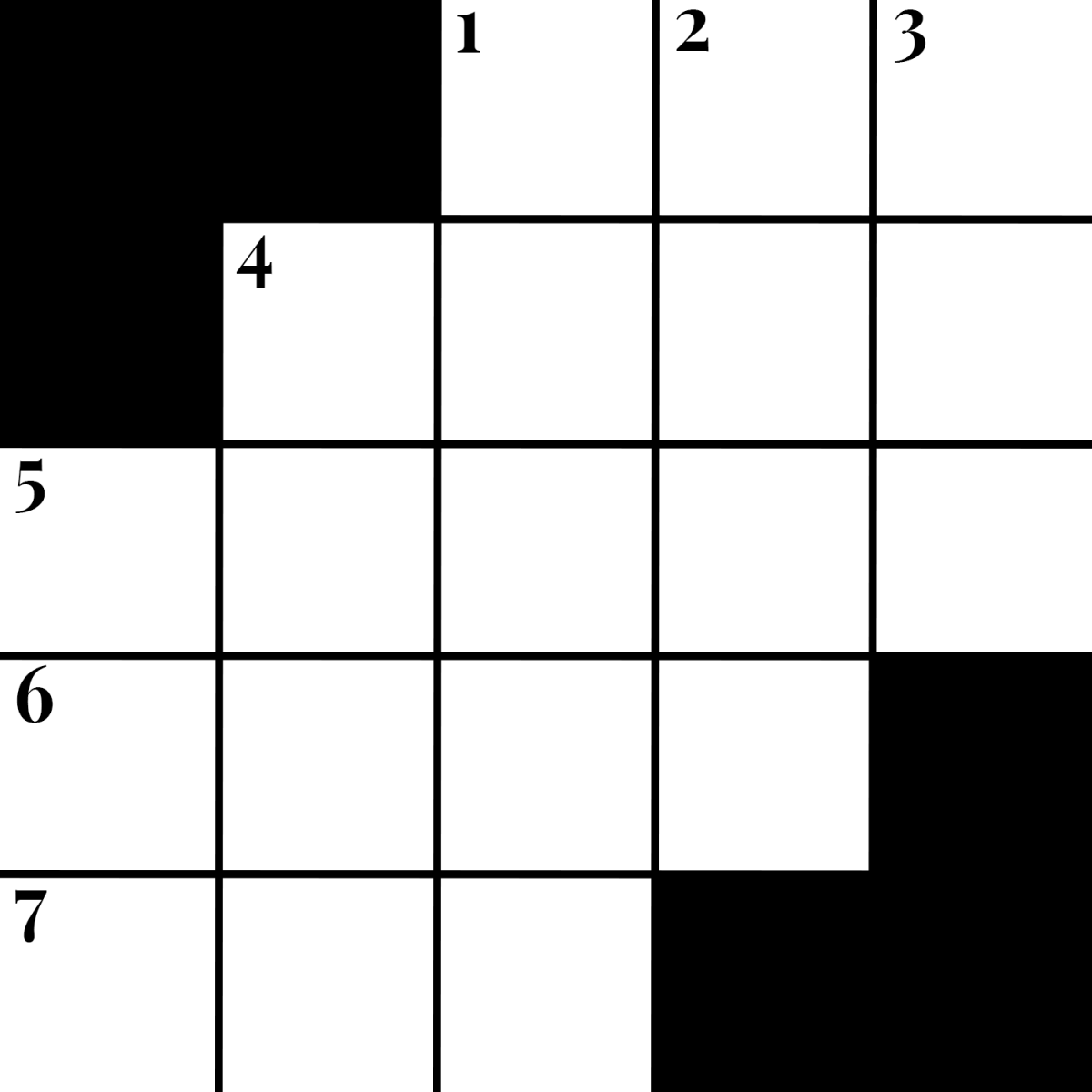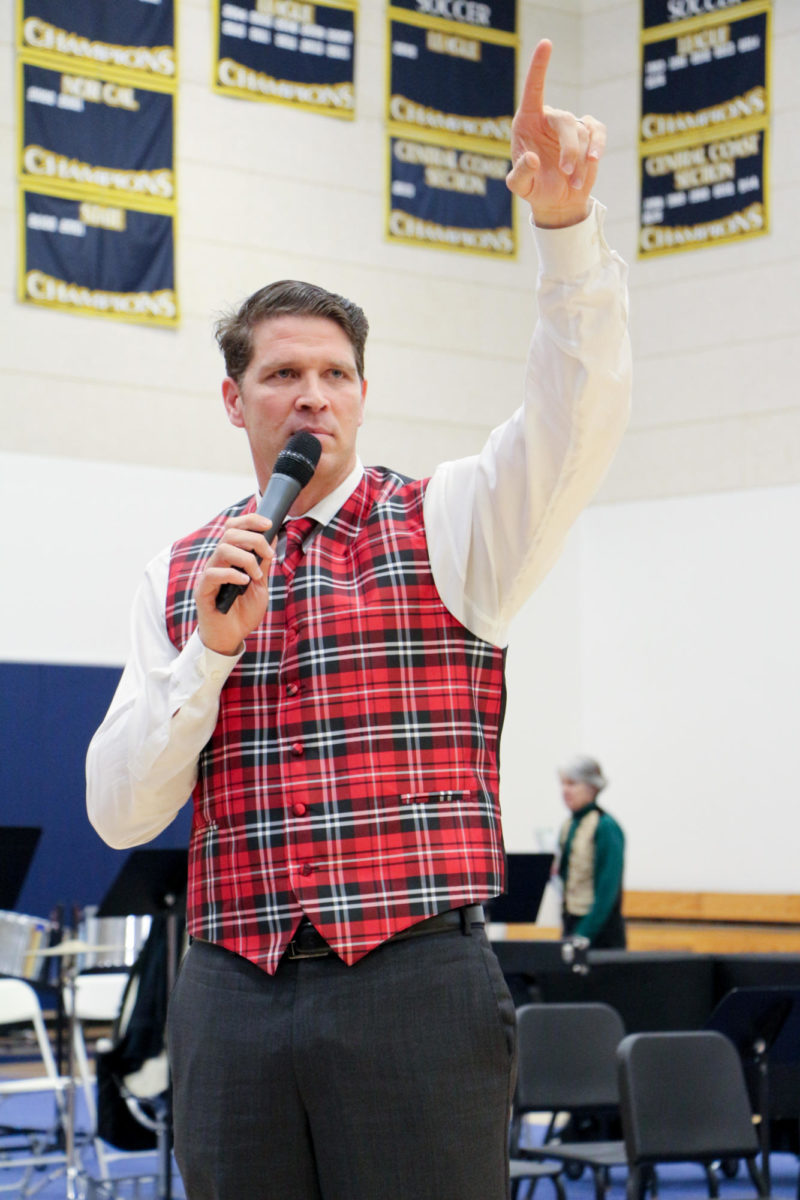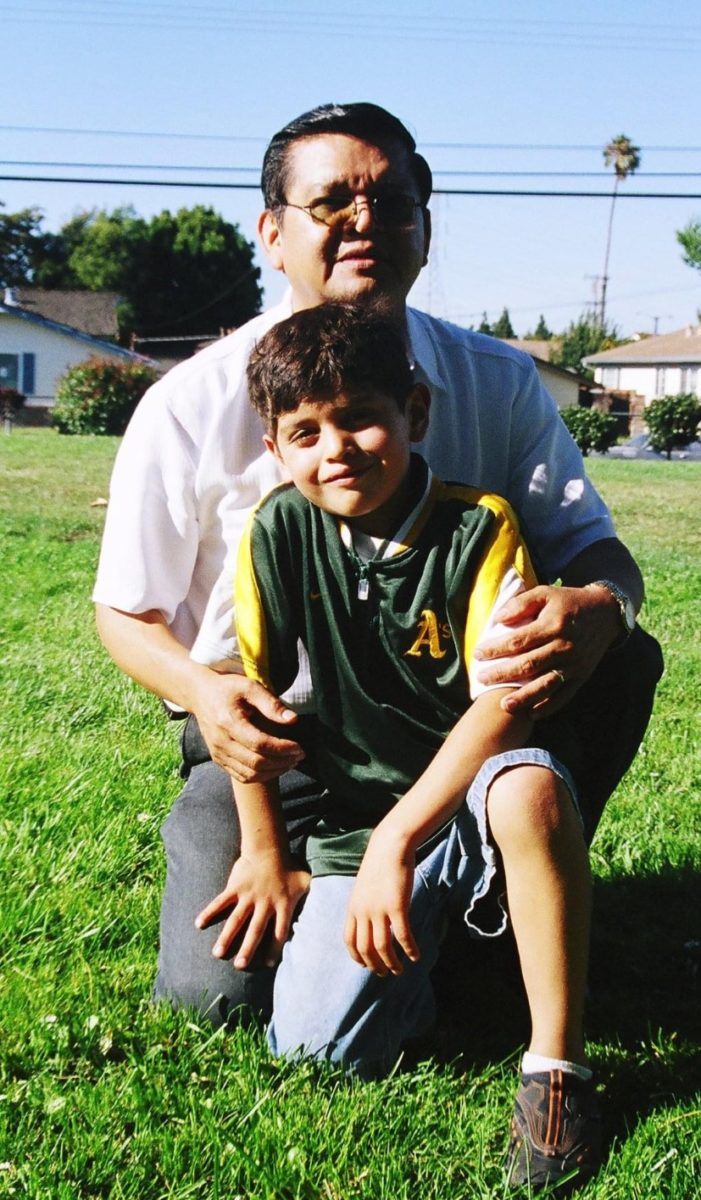Is a perfect bracket actually doable? Is there actually some logic to picking the madness of the NCAA tournament?
Michael Shames | Co-News Editor
Photo by Pete Souza/Wikimedia Commons
Disclaimer: Yeah, I lied in the title. Sorry. These tips will not guarantee you a “perfect” bracket, as the odds of that happening are pretty low (9.2 quintillion to 1). These are just ways to make sure you avoid making any lamentable mistakes that might cost you the satisfaction of creating a “pleasing” bracket.
#1: Don’t Be Cute
This tip is basically here to remind you that the Kentucky Wildcats are really really good. I know that they are a juggernaut and all, and we like to think that juggernauts are supposed to go down, but this is not a Disney movie. And unless their bus crashes on their way to the Round of 64, this team is not going to lose so early. The earliest I could possibly see them losing is in the Elite Eight, but only if they are playing Notre Dame (because of their jump shooting capabilities). The chances of them losing here are still very slim. Don’t be “bad decision Rob Lowe” and watch (with cable) Willie-Caulie Stein of Kentucky throw down a reverse windmill slam to put the ‘Cats up 30 points on the Manhattan Jaspers, and then subsequently slam your head repeatedly against the poor, defenseless keyboard of your 2012 Macbook Pro. It is only at this rock-bottom moment will you have wished you knew that #1 seeds are 120-0 against #16 seeds. So do yourself a favor. Don’t bet against Kentucky early!
#2: Don’t Exclude other seeds from the Final Four
Only one time in the history of the NCAA tournament has the Final Four been comprised of four #1 seeds (2008). So just because a team is ranked in the top four in the nation on paper does not make them a shoo-in for the last four in competition. The hard part is figuring out which #1 seed (or seeds) to oust. Wisconsin will be a popular pick to make it that far, but consider their western region path to get there. They will most likely have to go through #8 Oregon (made the Pac-12 conference finals), #4 North Carolina (made the ACC conference finals), and #2 Arizona (won the Pac-12 conference finals). In the eastern region, #2 Virginia could provide the defense needed to stop #1 Villanova’s three-point heavy offense. Also consider that in last year’s tourney, Florida was the only #1 seed to make the Final Four.
#3: Don’t Allow Your Emotions to Take Control
It has happened to all of us. Maybe your favorite player is on the #11 seed team, or maybe the team with the guy who overcame the death of his pet emu snuck their way into the Round of 64, but don’t let emotions get in the way! You will regret it. Just remember that your emotions and personal interests have no impact on the games whatsoever, and that you should base your picks off of objective statistics and analysis. I know that the UAB Blazers have a cool mascot, but unfortunately he doesn’t play in the games. And the team that the Blazers do put out there every night turns the ball over more times than my 3rd grade NJB basketball team.
#4: Pay Attention to Injuries
Pre-tournament injuries play a huge factor every year. They can make a #2 seed look a lot more like a #8 seed. Just ask the 2014 Kansas Jayhawks, who lost their starting center Joel Embiid to a back injury before the tournament. A significantly less-talented Stanford team was able to topple Kansas early in the tournament because of the gaping hole in the Jayhawk front court. This year, #2 Virginia could fall victim to this perennial phenomenon, as Justin Anderson has not looked like the same scorer since he came back from his injury. Paying attention to injuries like these and making a bold, yet judicious upset call is a very feasible way to differentiate your bracket from others in the pool. So, what I’m saying is, be on the lookout for Kentucky’s bus to crash on the way to the Round of 64, and be prepared to change your bracket accordingly.
Those are all the tips I can give out, so good luck to everyone this year, and I hope at least one of us can come away with that perfect bracket. There are about 9.2 quintillion possible combinations of picks, but I think if we put our Menlo minds together, one of us can come out a winner.







